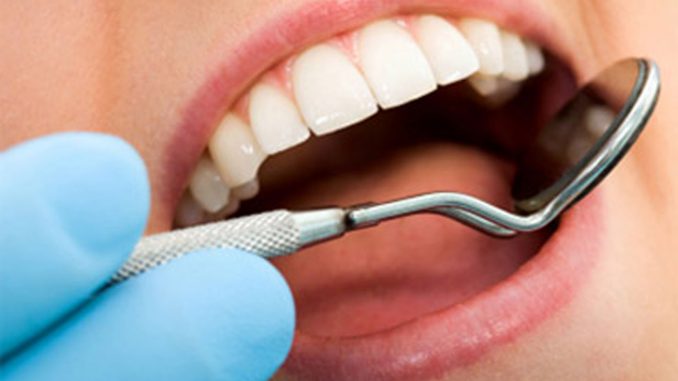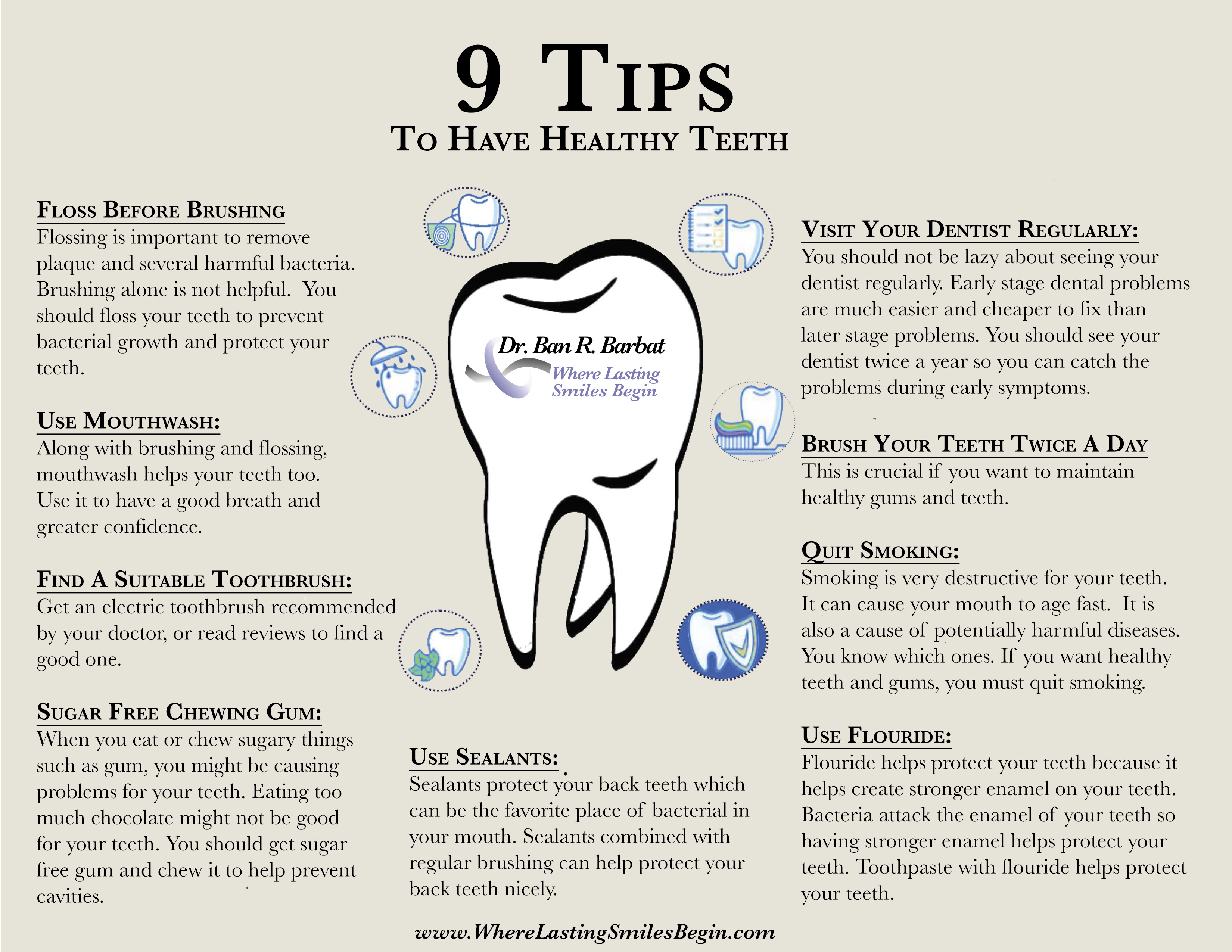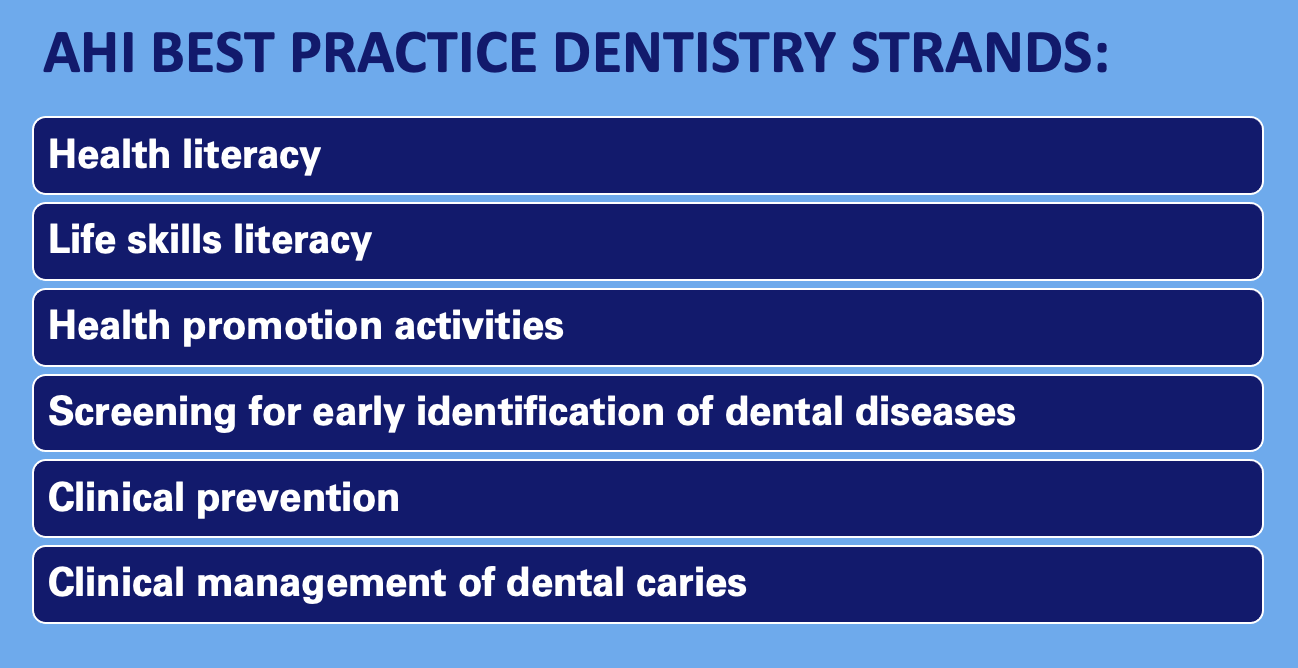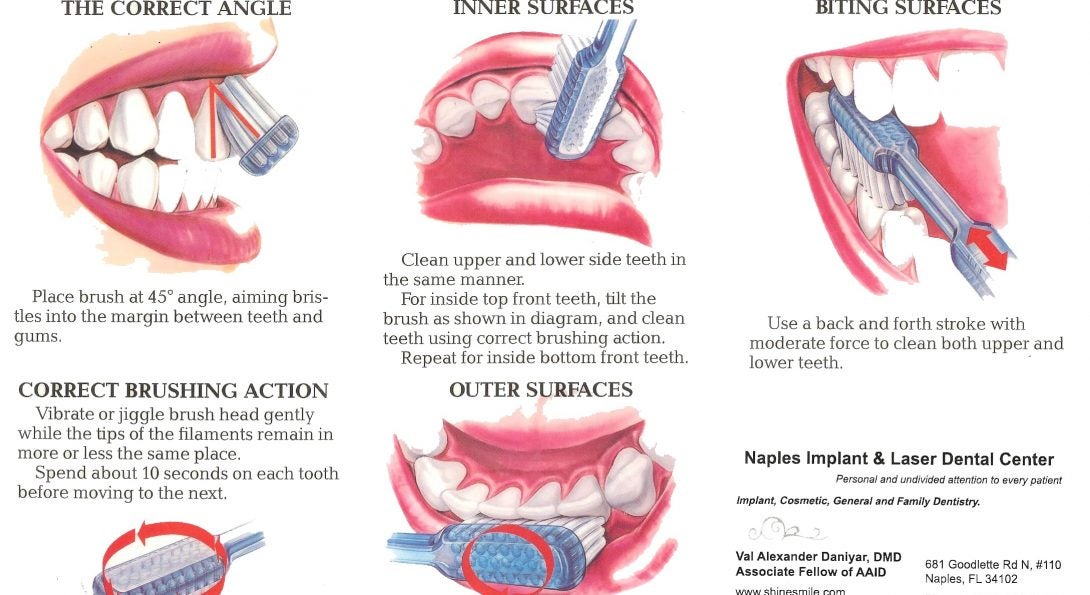
Optimal Oral Care: Nurturing Your Dental Health
Maintaining good dental health is crucial for overall well-being. Your oral hygiene practices play a significant role in preventing various dental issues and promoting a healthy lifestyle. Here’s a comprehensive guide to help you understand the importance of dental health and how to care for your teeth effectively.
The Foundation of Dental Health
The cornerstone of dental health is regular oral hygiene. Brushing your teeth at least twice a day helps remove plaque, a sticky film of bacteria that can lead to tooth decay and gum disease. Use fluoride toothpaste and a soft-bristled brush to clean your teeth and gums gently. Don’t forget to replace your toothbrush every three to four months to ensure optimal cleaning.
Flossing: An Essential Step
Flossing is often underestimated but is equally vital for maintaining dental health. It helps remove food particles and plaque from between your teeth and along the gumline, where your toothbrush may not reach. Make flossing a part of your daily routine to ensure thorough cleaning and prevent the development of cavities and gum problems.
Healthy Eating Habits for Strong Teeth
A balanced diet not only benefits your overall health but also plays a crucial role in maintaining strong and healthy teeth. Consume a variety of nutrient-rich foods, including fruits, vegetables, dairy products, and lean proteins. Avoid excessive consumption of sugary and acidic foods, as they can contribute to tooth decay and erosion. Drinking water regularly also helps flush away food particles and bacteria, promoting better oral health.
Regular Dental Check-ups: Prevention is Key
Preventive dental care is fundamental to avoiding major oral health issues. Schedule regular check-ups with your dentist to detect and address any potential problems early on. Professional cleanings help remove stubborn plaque and tartar buildup, reducing the risk of cavities and gum disease. Your dentist can also provide personalized advice on maintaining optimal oral hygiene.
Protect Your Teeth: Avoid Harmful Habits
Certain habits can compromise your dental health. Avoid smoking or using tobacco products, as they contribute to gum disease and tooth discoloration. Limit alcohol consumption, as excessive alcohol can also have negative effects on oral health. If you participate in contact sports, consider wearing a mouthguard to protect your teeth from potential injuries.
Addressing Dental Issues Promptly
Even with the best preventive measures, dental issues may still arise. Promptly address any signs of toothache, sensitivity, or gum problems. Ignoring these symptoms can lead to more significant issues and potentially require more invasive treatments. Early intervention is key to maintaining optimal dental health.
Dental Health for All Ages
It’s essential to instill good oral hygiene habits from a young age. Teach children the importance of brushing and flossing, and schedule regular dental check-ups for them. As individuals age, oral health needs may change, so it’s crucial to adapt dental care routines accordingly. Stay informed about age-specific dental concerns and consult your dentist for guidance.
The Role of Dental Health in Overall Well-being
Dental health is interconnected with overall health. Poor oral hygiene has been linked to various systemic diseases, including heart disease and diabetes. Taking care of your teeth and gums is not just about having a beautiful smile; it’s a fundamental aspect of maintaining a healthy body. Prioritize your dental health to contribute to your overall well-being.
A Resource for Dental Health
For more information and resources on dental health, visit Studentals.net. Stay informed about the latest developments in oral care, access useful tips, and connect with dental professionals who can guide you on your journey to optimal dental health.
In conclusion, optimal oral care is essential for a healthy life. By prioritizing regular oral hygiene practices, adopting a balanced diet, and seeking professional dental care, you can ensure that your smile remains bright and your teeth stay strong throughout your life. Remember, a healthy mouth contributes to a healthier you.






